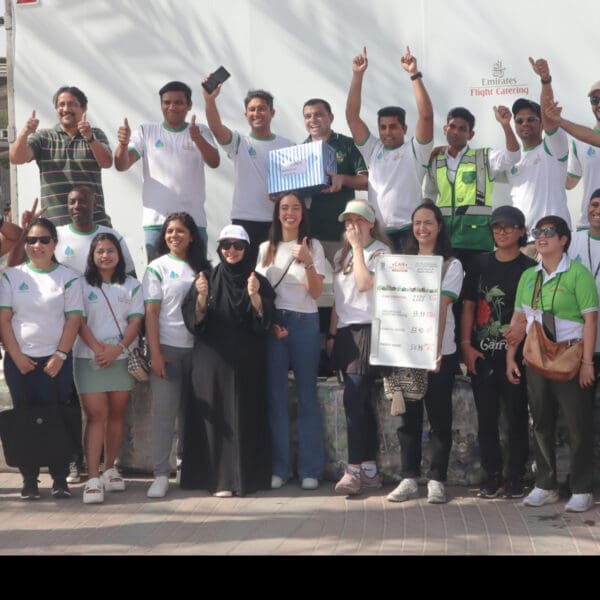
The Global Tourism Plastics Initiative is ground-breaking and ambitious in its goals. It aims to reduce the amount of plastic pollution caused by the tourism sector.
To achieve this vision, tourism companies and destinations will be required to make a set of concrete and actionable commitments by 2025, including to:
- Eliminate problematic or unnecessary plastic packaging and items by 2025;
- Take action to move from single-use to reuse models or reusable alternatives by 2025;
- Engage the value chain to move towards 100% of plastic packaging to be reusable, recyclable, or compostable;
- Take action to increase the amount of recycled content across all plastic packaging and items used;
- Commit to collaborate and invest to increase the recycling and composting rates for plastics;
- Report publicly and annually on progress made towards these targets.
Plastic pollution is one of the major environmental challenges of our time, and tourism has an important role to play in contributing to the solution
UNWTO Secretary-General Zurab Pololikashvili said: “The Global Tourism Plastics Initiative is a unique opportunity for tourism companies and destinations to step forward and lead the global effort addressing plastic pollution. Frontrunning tourism companies and destinations will set quantifiable targets as part of the Global Tourism Plastics Initiative and accelerate the transformation of the tourism sector towards more integrated solutions and circular business models.”
The Initiative is a key activity of the Sustainable Tourism Programme of the One Planet Network and it acts as the interface for the tourism sector of the New Plastics Economy Global Commitment of the Ellen MacArthur Foundation.
The New Plastics Economy Programme Manager Gerald Naber said: “The New Plastics Economy Global Commitment unites more than 450 businesses, governments and others behind a clear vision of a circular economy for plastics. We welcome the launch of the Global Tourism Plastics Initiative, led by UNEP and UNWTO, which unites the tourism sector behind this vision for a world in which plastic never becomes waste or pollution. It will be a challenging journey, but through concerted action, we can eliminate the plastics we don’t need and innovate, so the plastics we do need can be safely and easily circulated – keeping them in the economy and out of the environment.”
The Director of UN Environment’s Economy Division Director, Ms. Ligia Noronha, added: “Plastic pollution is one of the major environmental challenges of our time, and tourism has an important role to play in contributing to the solution. Through the Global Tourism Plastics Initiative, tourism companies and destinations are supported so they can innovate, eliminate and circulate the way they use plastics.”
Notes
About the One Planet network Sustainable Tourism Programme
The One Planet Sustainable Tourism Programme has the overall objective to enhance the sustainable development impacts of the tourism sector by 2030, by developing, promoting and scaling up sustainable consumption and production practices that boost the efficient use of natural resources while producing less waste and addressing the challenges of climate change and biodiversity. The Sustainable Tourism Programme is part of the One Planet network, a multi-stakeholder partnership to implement SDG 12 on Sustainable Consumption and Production.
About the UN Environment Programme
The UN Environment Programme is the leading global voice on the environment. It provides leadership and encourages partnership in caring for the environment by inspiring, informing and enabling nations and peoples to improve their quality of life without compromising that of future generations.
About the Ellen MacArthur Foundation
The Ellen MacArthur Foundation was launched in 2010 with the aim of accelerating the transition to the circular economy. Since its creation, the charity has emerged as a global thought leader, putting the circular economy on the agenda of decision-makers around the world. The charity’s work focuses on seven key areas: insight and analysis; business; institutions, governments, and cities; systemic initiatives; circular design; learning; and communications.
About the New Plastics Economy Global Commitment
The New Plastics Economy Global Commitment unites businesses, governments, and other organisations behind a common vision and targets to address plastic waste and pollution at its source. Signatories include companies representing 20% of all plastic packaging produced globally, as well as governments, NGOs, universities, industry associations, investors, and other organisations. The New Plastics Economy Global Commitment is led by the Ellen MacArthur Foundation, in collaboration with the UN Environment Programme.



















